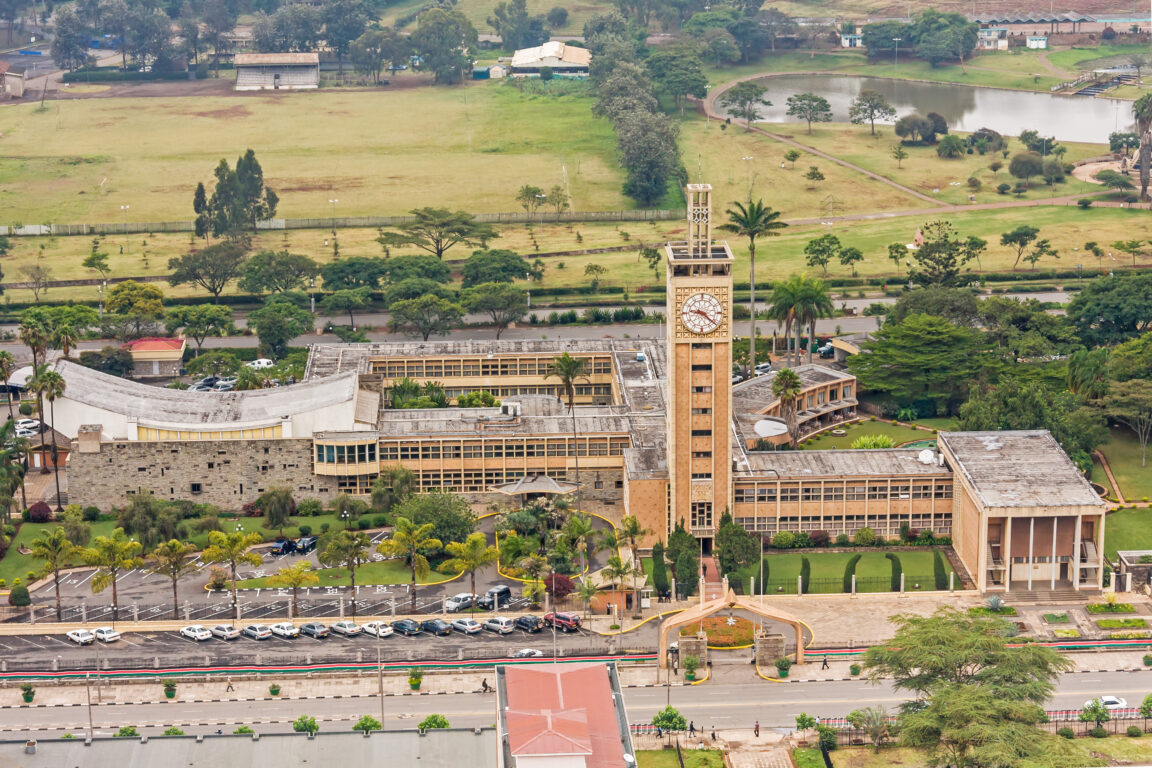Power, politics & the majority question: The battle for control in Kenya’s Parliament

Parliament dramatically resumed after recess, capturing national attention as lawmakers swapped majority and minority seating, unilaterally reassigned leadership roles, and even threatened to impeach the National Assembly Speaker. At the centre of the chaos was a High Court judgement affirming that the composition of the 13th Parliament’s majority was determined by the sovereign will of Kenyan voters in the August 9, 2022, general election. This effectively recognised Azimio la Umoja – One Coalition Party as the majority party and Kenya Kwanza Coalition as the minority.
However, Speaker Moses Wetang’ula, citing the doctrine of separation of powers, flipped the script by insisting that majority/minority status is fluid and should be determined by current parliamentary numbers rather than electoral results. He reaffirmed Kenya Kwanza Alliance as the majority party with 165 members and Azimio la Umoja, which held 154 members, as the minority. He based this on current data from the Registrar of Political Parties.
The politics of majority and minority party designations
The tussle over majority and minority status is not without consequence. Holding the majority in Parliament is crucial as it allows a party or coalition to control legislative processes, influence national policy, and drive the government’s agenda. The majority party, in this instance, controls apex parliamentary committees such as Finance, Economic Planning, Budget & Appropriations, Energy, Lands, and Information, Communication & Technology.
In nominating members to these committees, the party with more holds more seats, ensuring its dominance reflects its majority designation in the House. The Majority Leader, Kikuyu Member of Parliament Kimani Ichung’wah, also holds significant authority as the second in command in the House after the Speaker.
He is effectively the Leader of Government Business, responsible for marshalling legislative programmes, scheduling bills for floor debate, and setting the legislative agenda, including the approval of nominees for state and public offices. This means the majority party drives Parliament’s agenda and, by extension, the laws that eventually get passed.
The minority party, though less influential, still plays a critical role in checking government excesses. Its members chair oversight committees such as the Public Accounts Committee (PAC), which scrutinises government expenditure.
This debate is not unique to Kenya. Other democracies have also grappled with ruling parties not holding a parliamentary majority. In South Africa, the majority party holds more than half of the seats in the National Assembly. The African National Congress (ANC) maintained this status from 1994 until 2024 when it lost its outright majority for the first time in 30 years. This led to a coalition government, shifting power dynamics and requiring greater negotiation and compromise in law-making.
The United States follows a bicameral system, where control of the Senate and House of Representatives can differ. The ruling party in the White House does not always have a congressional majority, leading to political gridlock when opposing parties control the legislative and executive branches. This contrasts with Kenya’s parliamentary system, where the majority party has a direct influence on governance and policymaking.
Thika Town MP Alice Ng’ang’a questioned whether implementing the High Court’s decision would invalidate past parliamentary decisions made under the current arrangement. While the law does not act retroactively, meaning past decisions would remain valid, future decisions would have to conform to the new arrangement.
Nonetheless, the ruling has deepened divisions within Parliament, with opposing coalitions resorting to procedural delays and even threats of impeachment against Speaker Wetang’ula. Moving forward, political parties are likely to be more cautious in their pre-election and post-election alliances to avoid similar legal disputes.
While Speaker Wetang’ula’s unilateral ruling may not resolve factional tensions, a legal or political compromise is necessary to prevent legislative paralysis. This can be done by establishing a joint committee to negotiate a political settlement that restores parliamentary order and ensures the continuity of legislative business.

